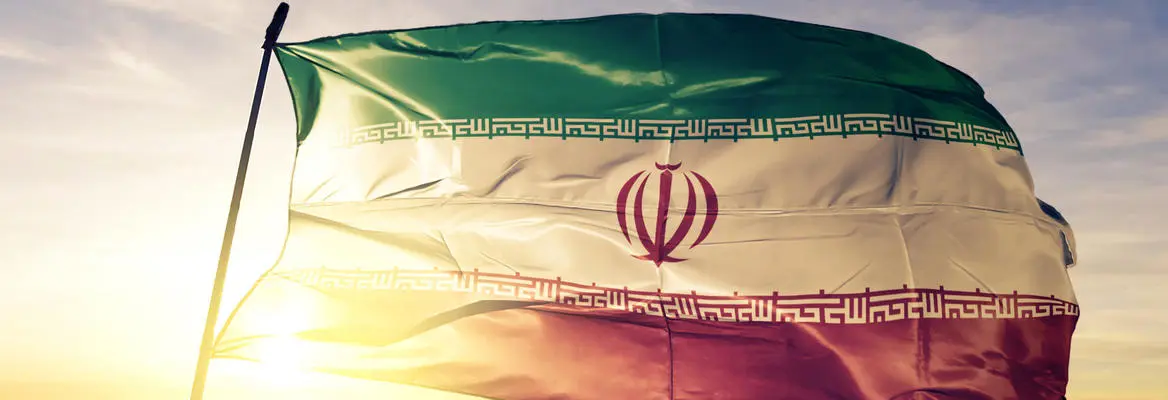The US has been trying to extricate itself from costly wars in the Middle East for far too long. The Iran deal was part of that story, an attempt to redirect its resources in containing China’s influence. But with Iran’s hardliner new president Ebrahim Raisi, taking over on August 5th, that strategy is no longer viable, and China’s containment harder to achieve, argues Christian Emery.
Since the Biden Administration committed itself to trying to revive the 2015 Iranian nuclear deal, six rounds of negotiations in Vienna have failed to achieve an agreement. Talks will soon resume with a new Iranian administration led by Ebrahim Raisi, a hard-line protégé of Supreme Leader Ayatollah Khamenei, whose election was largely assured by the de-selection of rival candidates. Many assume that a deal is now unlikely to materialise, given Raisi’s harsh anti-American rhetoric and close political association with Khamenei, who recently issued a withering critique of what is currently on offer from Washington.
For the US, reaching a deal on the nuclear issue has mostly been about preventing another costly military intervention and freeing up resources from a region that is no longer strategically vital.
That might be an overly pessimistic view, but the Biden administration needs to be more realistic about what it can secure from a deal. This is not just because it will face a more intransigent and politically toxic negotiating partner, but because the intervening 6 years have diminished the geopolitical advantages first envisioned in the JCPOA, a landmark accord requiring Iran to verifiably dismantle most of its nuclear programme in exchange for sanctions relief.
An agreement bringing with Iran back into compliance with the JCPOA is still likely, but an accord on the nuclear issue is no longer a realistic vehicle for America’s to solve wider regional issues and provide cover exit strategy from the region, for and the redirection of resources a strategic rebalancing to Asia towards containing China’s influence in Asia.
For the US, reaching a deal on the nuclear issue has mostly been about preventing another costly military intervention and freeing up resources from a region that is no longer strategically vital, and redeploying them instead to one that is, the Asia-Pacific region.
Announced with much fanfare in 2011, the 'Pivot to Asia' was Obama's answer to criticisms that his administration lacked a grand strategy. The theory behind it was that the US energy revolution had greatly reduced the strategic importance of the Persian Gulf and decades of failed wars and support for illiberal allies had not provided the US with many tangible benefits. In an era of significant fiscal constraints, resources tied down in the Middle East would have to be moved into Asia, which would be the new locus of trade and international relations in the 21st century. America's preoccupation with the Middle East was only aiding and abetting China's rise.





















Join the conversation